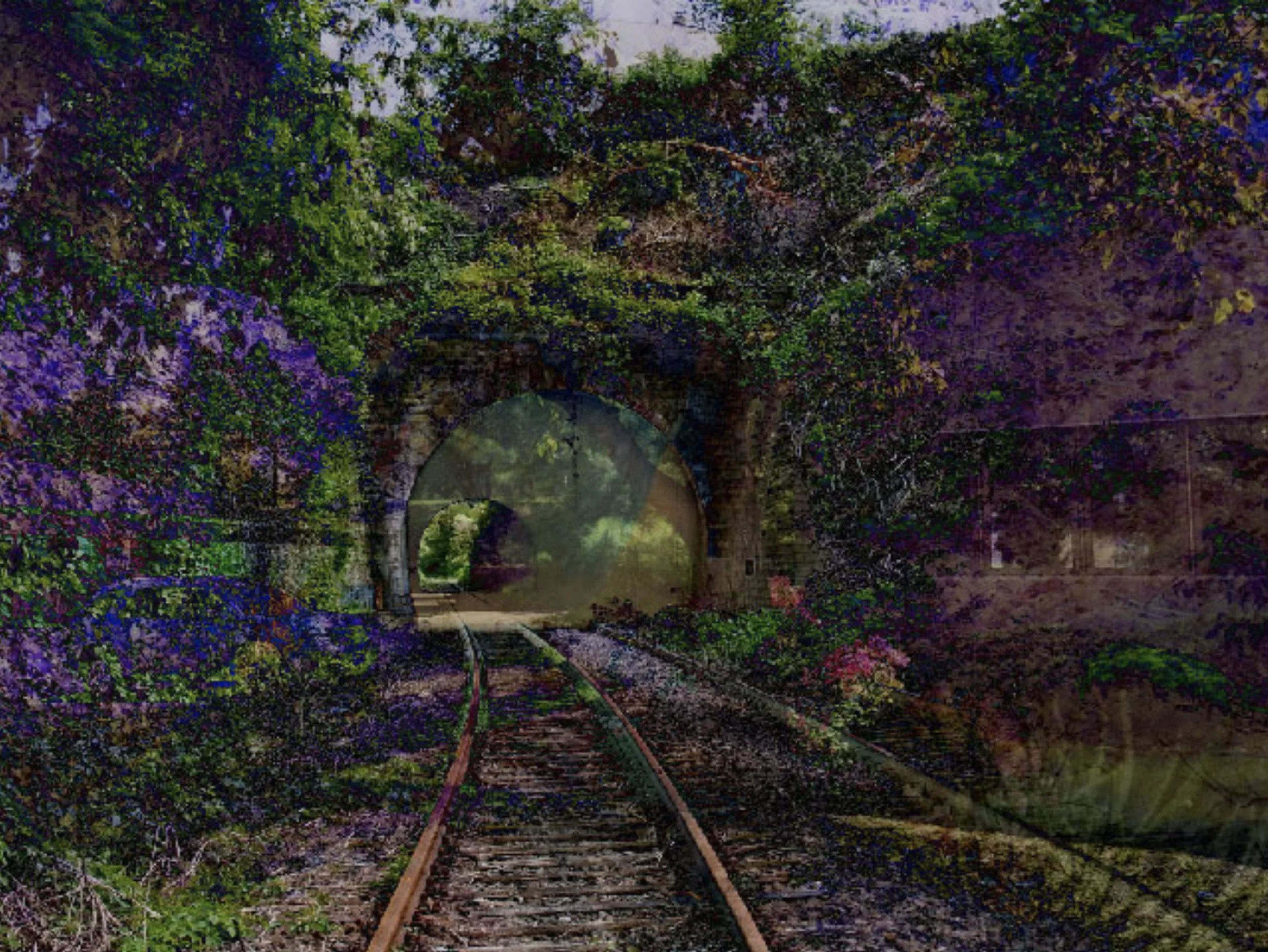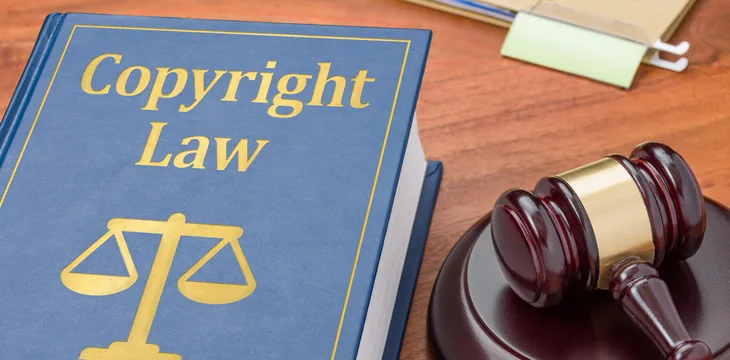|
Getting your Trinity Audio player ready...
|
Artwork generated purely by artificial intelligence (AI) can’t be protected by U.S. copyright laws, a judge in D.C. has ruled.
Judge Beryl A. Howell denied a motion filed by Stephen Thaler against the U.S. Copyright Office (USCO) after it refused to grant copyright to an image he created using AI. USCO ruled last year that the image lacked any element of “human authorship,” which it considers a prerequisite for any copyright issuance.
“Human authorship is a bedrock requirement of copyright,” Howell, a district judge for the District of Columbia, said in her ruling.
The U.S. relies on the Copyright Act of 1976, which only offers copyright protection to “original works of authorship.” While it doesn’t define who an “author” is, Judge Howell stated that an author must be a human based on “centuries of settled understanding.”
Copyright law, she added, aims at the public good by incentivizing individuals to create and invent.
The artwork in contention is an image Thaler generated through AI named “A Recent Entrance to Paradise.” He claimed he used AI to create a fictional idea of the afterlife, with minimal human involvement. It turned out this was the biggest sticking point, with the Copyrights Office denying him the copyright in February last year.

Thaler then sued the USCO, alleging its decision was “arbitrary, capricious … and not in accordance with the law.”
Judge Howell disagrees, ruling that the Copyright Office acted properly in denying copyright registration for a work created absent any human involvement.
Thaler’s lawyer Ryan Abbott said that his client “respectfully disagrees with the court’s interpretation of the Copyright Act” and pledged to appeal the ruling. USCO, in its comments, said that it believes Judge Howell made the proper judgment.
The ruling comes when AI’s role in the creative industry has come under scrutiny. With tools like OpenAI’s DALL-E and ChatGPT and the image-focused Midjourney attracting hundreds of millions of users, AI’s role is becoming increasingly central to the industry.
And while Judge Howell’s precedent-setting ruling offered the first clear legal guidance in the use and role of AI in the creative industry, she acknowledged that a lot will change in the near future.
“Undoubtedly, we are approaching new frontiers in copyright as artists put AI in their toolbox to be used in the generation of new visual and other artistic works,” the judge stated.
She believes that the rising use of AI to aid human creativity will elicit challenging questions about how much human intervention is necessary for AI content to qualify for copyright protection.
As AI’s role and limitations in the human creativity process come under scrutiny, the need for blockchain integration becomes ever more evident. With AI entirely reliant on data, authenticity and proof of ownership are among the key factors necessitating the use of blockchain.
Ralph Wallace, Program Director & IPv6 Lead at Aptive Resources, summed it up best at the London Blockchain Conference, stating, “Data integrity is hugely important for IoT and for AI, if the data is bad, AI will mean artificial stupidity… Blockchain powers AI so you know the data is authentic.”
Watch NFTYCO’s Victor Tang: Creating business models through high-value art

 02-27-2026
02-27-2026 




